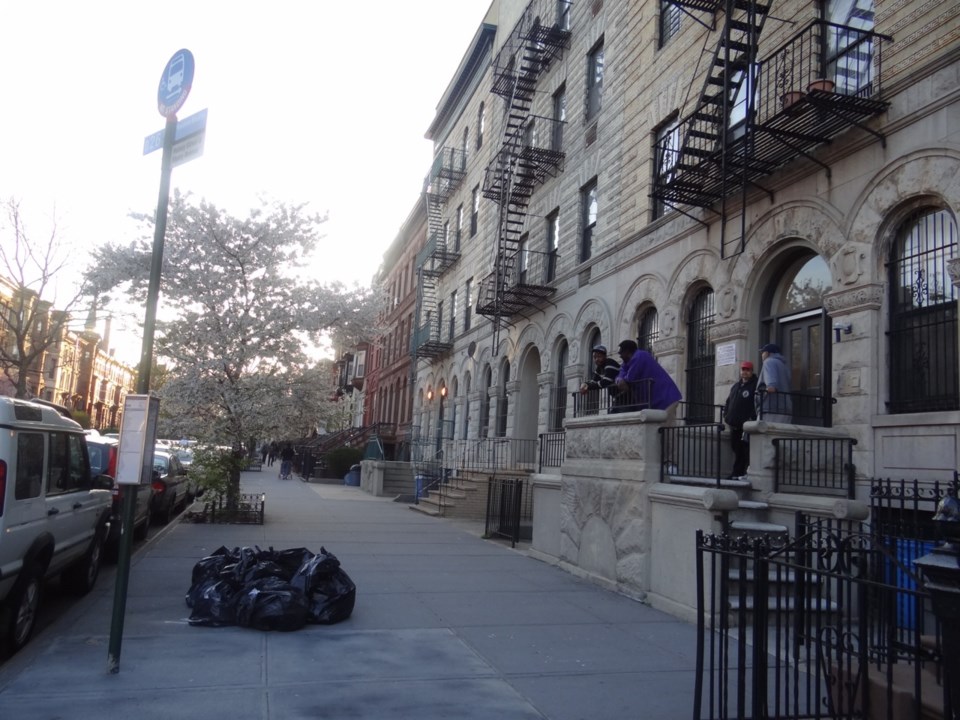New York Attorney General Letitia James on Monday issued an advisory to landlords reminding them that they are prohibited from raising rents for a year after they accepted or plan to accept funding from the state’s Emergency Rental Assistance Program (ERAP).
Since the state started accepting applications in June 2021, ERAP has provided hundreds of thousands of New Yorkers with financial support to pay up to 12 months of rental arrears accrued on or after March 13, 2020 as well as up to three months of additional rental assistance going forward. In addition, the program pays up to 12 months of electric or gas utility arrears that accrued on or after March 13, 2020. The program was recently infused with an additional $800 million.
The Office of the Attorney General (OAG) had received reports from tenants that landlords who accepted ERAP payments are sending them renewal leases with rent increases amid the 12-month grace period. While these leases may be generated automatically by management, landlords are cautioned not to seek rent increases in renewal or new leases that commence during the 12-month period.
If they fail to abide by the regulations of this agreement, added James, she is ready to take action.
“The rules are clear: Landlords who accept ERAP payments cannot raise rents for 12 months,” said James. “This program was created to support struggling tenants and keep New Yorkers in their homes during the pandemic. Landlords who accepted payments from the state yet are still raising rents are double dipping and breaking the law. I urge any tenant who accepted ERAP payments and received a new lease with rent increases from their landlord to contact my office.”
What Tenants Can Do to Protect Themselves
Attorney General James offers the following tips and guidance to tenants who have received funding from ERAP:
- Return leases that have a rent increase. Leases that include an increase within 12 months of your landlord receiving ERAP payments should be returned to your landlord with a note explaining that the landlord received ERAP payments and cannot increase the rent. Tenants should follow up with management to explain why the lease is improper and ask for a new lease to be issued.
- Monitor your rent statements. Check your rent statements to make sure that your rent hasn’t been increased or that your landlord is charging you late fees for any of the months covered by the ERAP payment.
- Do not ignore court papers. Even if your landlord received an ERAP payment or you submitted an ERAP application, do not ignore court papers.
- Speak with an attorney. If your landlord is taking you to court or you have questions about your lease, you should speak with an attorney. You can visit OAG’s tenant help website to find free legal representation.
“Now more than ever, it is critical for tenants across New York to empower themselves and know their rights under ERAP, and for landlords to adhere to the law,” said Judith Goldiner, attorney-in-charge of Civil Law Reform Unit, The Legal Aid Society. “We applaud Attorney General James for putting property owners on notice and reinforcing that there will be serious consequences for unscrupulous landlords.”




